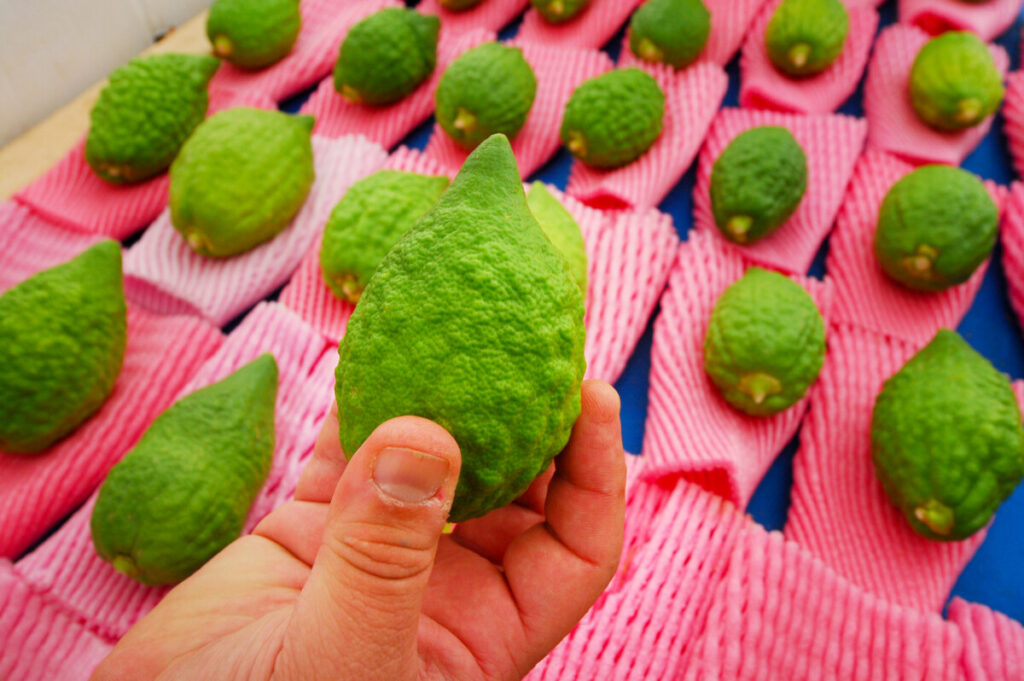Joy Burns Away the Kelipot
Based on Likutey Moharan I, Lesson #24:2
“Let Korach and his entire party… offer ketoret (incense)… each one took his fire pan… and offered ketoret… Moshe then said to Aharon, ‘Take the fire pan… offer ketoret and take it quickly to the community to atone for them’” (Numbers 16:16, 18; ibid. 17:11).
Kelipot (literally, shells or husks) is a generic term used in Chassidic works to describe the evil forces that weaken a person’s mitzvah performance and diminish the honor of God and His Torah. Ketoret, the special incense offered twice daily in the Holy Temple, possesses a unique power to counter these kelipot—even the most stubborn among them.
One of the most pernicious kelipot is overreaching—wanting more than you can have, more than is good for you. This applies not only to material matters but even to spiritual ones. For example, if you’ve been given the honor of being a Levite, with the privilege of serving in the Temple, don’t insist on being a Kohen (priest) who wears a fancy uniform and offers the sacrifices. One of two things happens when we overreach: either we get what we desired and grow too big for our britches, or we don’t get what we want and fall into grief.
Though we currently lack the Holy Temple, are we at the mercy of the kelipot? God forbid—no! Is there something that can substitute for the ketoret? Yes! Rebbe Nachman teaches us that simchah shel mitzvah—performing mitzvahs with joy—has the same effect.
The Arizal teaches (Shaar HaKavanot, Derushei Tefilat HaBoker p. 85) that the eleven spices of the ketoret canceled and nullified the eleven “crowns” of the Other Side—those forces that make impurity seem fragrant and alive. Genuine life, that which is sacred, is freed from serving the kelipot. In this way, ketoret brings joy (Proverbs 27:9).
Each mitzvah we do elevates some part of the physical world.
Until a Jew interacts with it, that piece of the world was “extra”—not yet used in the service of God. It remained in the clutches of the Other Side, ready to be misused or wasted on things that lead only to grief.
The simchah—the happiness and joy—we invest in doing a mitzvah cancels the potential sadness that would result from misusing that piece of the world. The secret to developing simchah shel mitzvah within ourselves comes, in part, from realizing the privilege we have to be “Levites serving in the Temple”—ordinary Jews—even if we’re not yet “Kohanim”—total tzaddikim.
Happily doing a mitzvah may not seem like such a big deal—but the Arizal said that his great success in Jewishness came from performing mitzvahs with great simchah.
May we have full faith in the genuine tzaddikim, emulate (not mimic!) them, always stand with them, and never rebel against them. Amen!
A gutn Shabbos!
Shabbat Shalom!
© Copyright 2025 Breslov Research Institute
- 0 comment





















